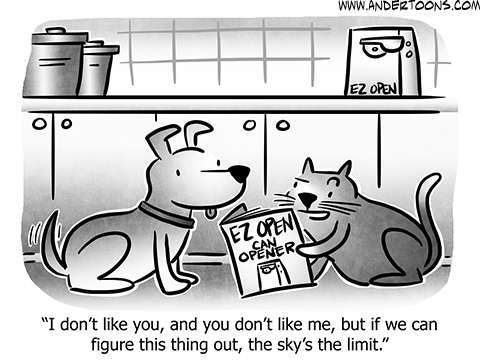November is Adopt A Senior Pet Month! This is a wonderful cause, and one that we are happy to support. Older cats have many wonderful qualities, but they often have a very hard time finding forever homes. That’s really sad, because there are some great benefits to adopting a senior furball. Read on as a Roanoke, VA vet lists some things you find out when you bring home a kitty in her golden years.
No Surprises
When you get a kitten, it isn’t always easy to know what your furry buddy will look like as an adult, or what sort of purrsonality she’ll develop. With older cats, however, what you see is what you get. If Fluffy is cuddly at the shelter, she’ll likely be just as snuggly when you get her home.
Senior Cats Are Very Calm
When you adopt a kitten, you’re basically bringing a tiny, four-legged bundle of mischief into your home. Kittens are adorable, but they need lots of supervision and training. Older cats, however, are more interested in snoozing on your lap than in pouncing on your toes or climbing the counters. There is a lot to be said for having a sleepy, relaxed pet!
Small Touches Make Kitties Happy
Sometimes it’s the little things in life that really make us happy. This is also true for cats! Keep Fluffy comfy and cozy by offering kitty luxuries like soft beds, pet stairs, and thermal blankets. Your pet will also appreciate having a litterbox with low walls. Leaving a nightlight on for your feline pal is another small touch that can make a difference.
Older Cats Are Adorable
There’s no denying that kittens are almost impossibly cute. However, our feline buddies are just as charming as adults as they are when they are little. Older kitties are also very cute and lovable, and are often extremely affectionate. Purrs from senior cats are truly precious!
Helping A Kitty In Need Feels Great
Giving a sweet older furball a home is a beautiful act of kindness, and something to really feel proud of. You’ll also be helping other cats, both by promoting great animal welfare and by freeing up space at the shelter.
Please call us, your Roanoke, VA vet clinic, with any questions or concerns about your senior cat. We love keeping older kitties healthy and purring!





